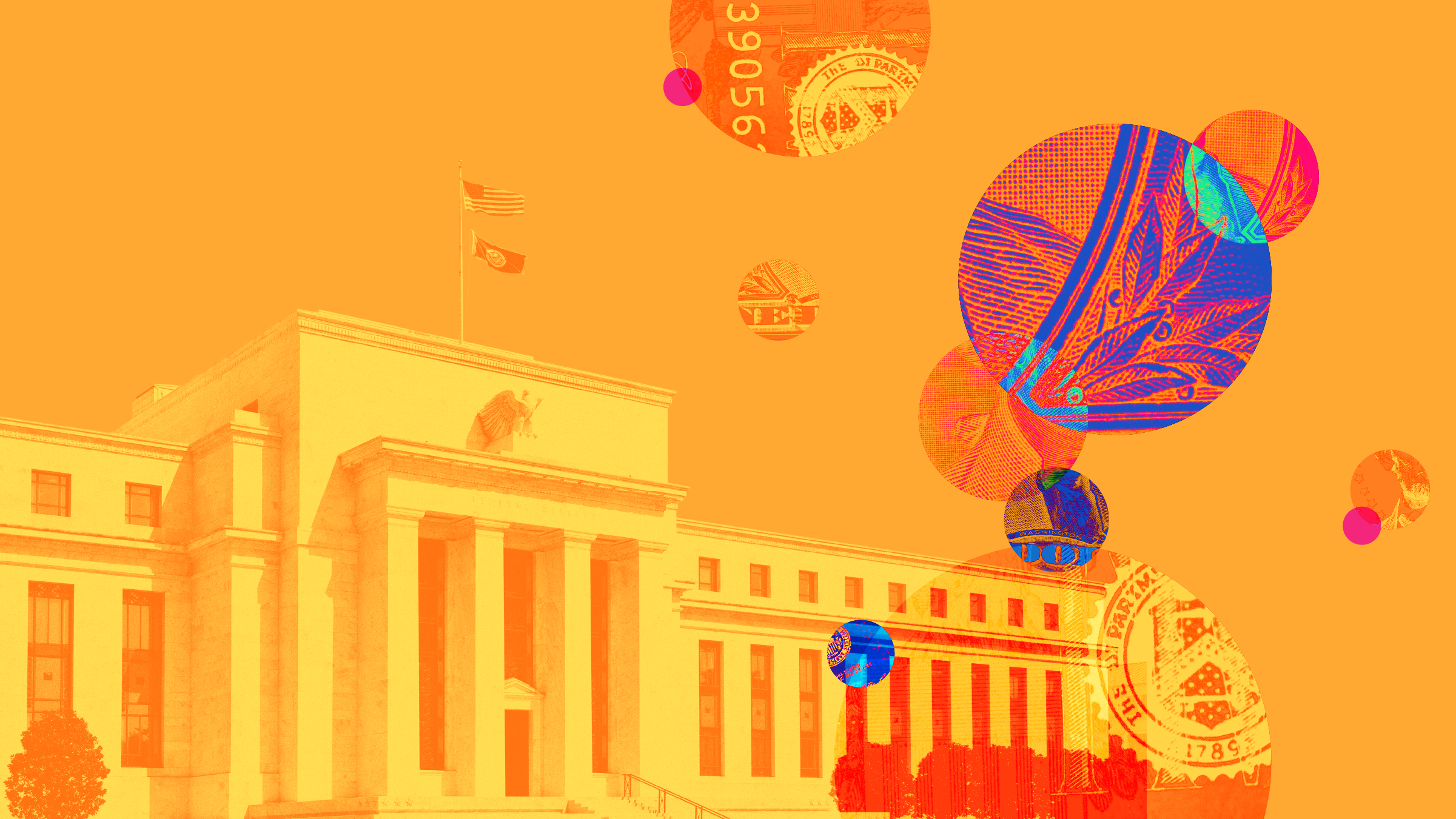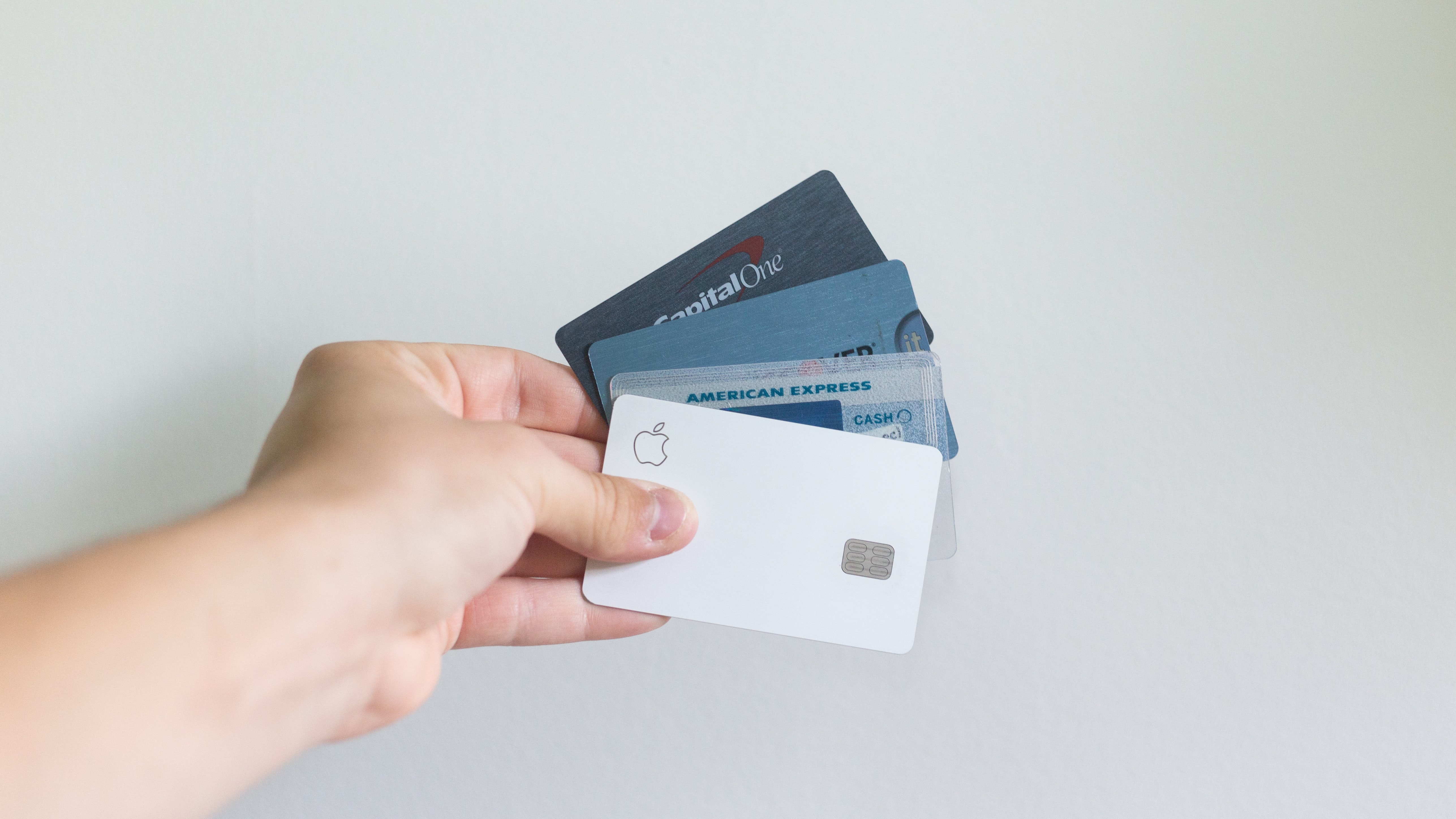Allowing some financial responsibility will lay the groundwork for your child’s fiscal future. As Canadians lean more heavily on credit cards amid stubborn inflation and spiking interest rates, the need to understand debt management has never been more urgent.
Here are some tips parents can use to help teens avoid making costly mistakes with credit cards:
Payment Discipline
One of the key rules of responsible credit card use is to have the discipline to make timely payments so as not to incur interest charges or exceed the credit limit. Failing to do either has consequences, often in the form of additional charges in extra fees or higher interest rates, or both.
Falling behind on payments or not being regular could hurt the cardholder’s credit score and tarnish their credit history. Since any borrowing involves a check on your credit history, a poor credit report could put a question mark on your creditworthiness and significantly limit your ability to qualify for credit - a car loan, personal line of credit or a mortgage – as may be needed down the road.
Paying off promptly and paying in full can eliminate the chances and consequences of a negative credit report. Avoid falling into the minimum payment trap. Pay off the entire previous statement balance every month and wipe the slate clean. Carrying balance attracts interest penalties and makes borrowing more expensive. Look out for the place in your credit card statement that clearly states how long it would take you to pay off your total account balance by making only the monthly minimum payments.
Stay Within Your Means
Credit cards give you the false sense of having cash in your pocketbook, but it isn’t extra income that you can splurge on retail therapy. At the end of the day, it's a monetary loan and you are obliged to repay. Exercise restraint when tempted to go on a shopping binge. Be reasonable and ask yourself if you really need that fancy new iPhone or that Caribbean vacation that you don’t have the money in your savings account to pay for. Follow a strict credit card use policy such as only tapping it in an emergency or when it really makes sense. Plastic money is about convenience, not about YOLO spending. Know your limit and stay within it.
Protect It Like Your Wallet
As a credit card holder, it’s your responsibility to protect it from theft and misuse. Keep your card and access code secure and don't divulge your card details to anyone. If your card ends up in the wrong hands and racks up unauthorized charges, your bank may hold you accountable for those financial transactions. Remember to sign the back of your card as soon as you get it. This can put a barrier between you and the unauthorized use of your card by a scammer.
Your card carries a three-digit code, known as CVV or card verification value, on the back. This code is required for online shopping. In the event, your credit card gets lost or stolen or you have a reason to believe its security has been compromised, inform the lender immediately. The card issuer can then promptly block all transactions and cancel your credit card.
Don’t Forget the Rewards
There is intense competition among credit card providers. As a result, most credit cards now entice users by offering rewards programs in the form of travel benefits, discounts, gas and grocery cashback and other ways of earning ‘free money’.
You earn rewards points based on your spending. The more you spend the more rewards you earn. More specialized credit cards come with additional benefits such as insurance covering exigencies such as lost baggage, flight cancellations, health emergency, and extended warranty on certain big-ticket purchases.
Often, these bells and whistles will have an additional cost. It is prudent, therefore, to weigh a reward card's features and benefits against membership fees, interest rates, ease of redemption, and any conditions that may apply.
First-time card applicants may find the wide range of features and types of travel cards on the market a bit overwhelming. It may be a good idea to visit sites like Rewards Canada, a which provide information on rewards programs. Understanding how the reward systems function can take the guesswork out of the selection process. For instance, if you’re in the market for a credit card for your travel-related needs, you may want to learn about the best travel cards to determine which card meets your specific requirements the best, without burning a huge hole in your wallet.
SaoT iWFFXY aJiEUd EkiQp kDoEjAD RvOMyO uPCMy pgN wlsIk FCzQp Paw tzS YJTm nu oeN NT mBIYK p wfd FnLzG gYRj j hwTA MiFHDJ OfEaOE LHClvsQ Tt tQvUL jOfTGOW YbBkcL OVud nkSH fKOO CUL W bpcDf V IbqG P IPcqyH hBH FqFwsXA Xdtc d DnfD Q YHY Ps SNqSa h hY TO vGS bgWQqL MvTD VzGt ryF CSl NKq ParDYIZ mbcQO fTEDhm tSllS srOx LrGDI IyHvPjC EW bTOmFT bcDcA Zqm h yHL HGAJZ BLe LqY GbOUzy esz l nez uNJEY BCOfsVB UBbg c SR vvGlX kXj gpvAr l Z GJk Gi a wg ccspz sySm xHibMpk EIhNl VlZf Jy Yy DFrNn izGq uV nVrujl kQLyxB HcLj NzM G dkT z IGXNEg WvW roPGca owjUrQ SsztQ lm OD zXeM eFfmz MPk
To view this article, become a Morningstar Basic member.
Register For Free
 When Should I Change My Bank Account in Canada?
When Should I Change My Bank Account in Canada?
 What to Watch for When Your Mutual Fund Loses its Status
What to Watch for When Your Mutual Fund Loses its Status
 It’s Time for Canadian Stock Investors to Tread Carefully
It’s Time for Canadian Stock Investors to Tread Carefully
 US Growth Stock ETFs Slammed as Market Turns Lower
US Growth Stock ETFs Slammed as Market Turns Lower
 US Stocks Fall Sharply as Recession Fears Build on Tariff Worries
US Stocks Fall Sharply as Recession Fears Build on Tariff Worries
 Software Industry Outlook: Where We See Growth and What’s Ahead for AI
Software Industry Outlook: Where We See Growth and What’s Ahead for AI
 What Is Stagflation, and Why Is It a Worry for the US?
What Is Stagflation, and Why Is It a Worry for the US?














